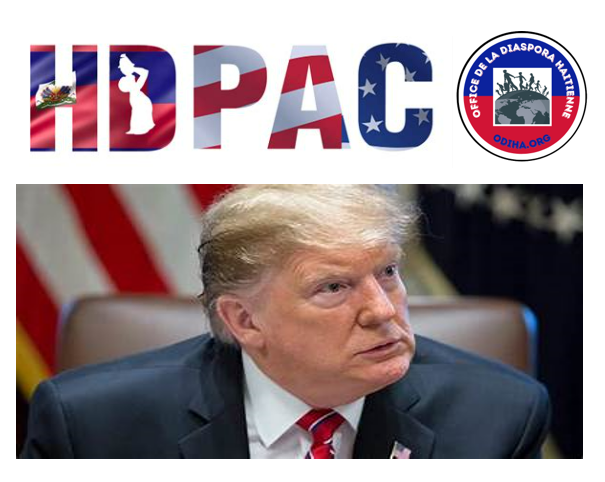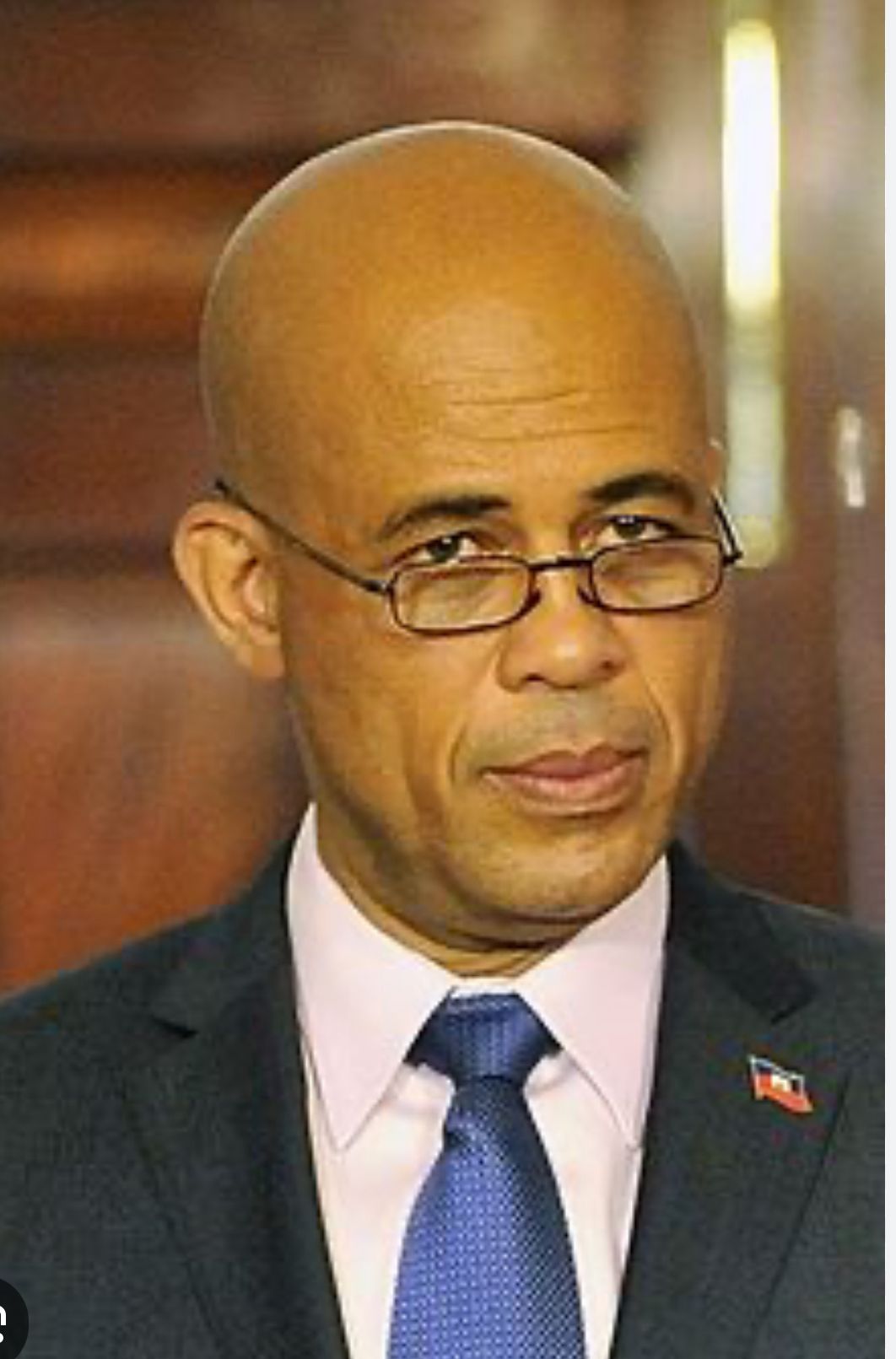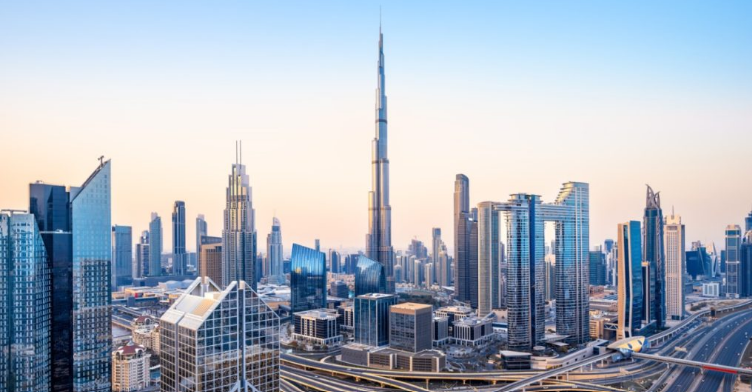|
Getting your Trinity Audio player ready...
|
WorldNews – Haiti – Myanmar – Russia – Benin- Hong Kong- Ethiopia
February 8, 2021
By Nathaniel Ballantyne
(TrueNewsBlog) – Haiti, Myanmar, Russia, the United States, Hong Kong and Ethiopia are an unlikely grouping of countries: but they’ve all faced complex challenges to democratic rule in recent weeks. In one it’s an out-and-out coup (Myanmar), in others an insurrection (Haiti and the United States); in Russia, public protest against the imprisonment of a Kremlin critic.
HAITI
In HAITI, Prime Minister Joseph Jouthe said Sunday that 23 people have been arrested — including a Supreme Court Justice Yvichel Danrèsil and a police inspector for allegedly plotting to overthrow President Jovenel Moïse whose term of office expired on February 7, 2021. Moïse has been ruling by presidential decree for nearly a year after suspending most parliamentarians and all mayors from exercising their powers. He also wants to expand his constitutional powers in an April referendum. Moïse argues that he wasn’t sworn in for a year after a chaotic 2016 election, and that his term therefore runs to 2022.
Article 134.2 of the Haitian constitution says clearly that his term expires on February 7, 2021 and every Haitian constitutionalists, lawyers and the opposition agree that Moïse term of office expires. The U.S. State Department threw a monkey wrench in the matter, giving Moïse more ammunition to remain in power when State Department spokesman Ned Price said Moïse term ends February 7, 2022, saying that “The Haitian people deserve the opportunity to elect their leaders and restore Haiti’s democratic institutions.”
On Monday February 8, some members of the Haitian opposition appointed Judge JOSEPH MÈCÉNE JEAN LOUIS as Haiti transitional president to the chagrin of Senator Jean Charles Moïse and other key members of the opposition who said they have not made a decision yet about who shall head the transitional government. IT IS A MESS IN HAITI AND NO ONE SEEMS TO KNOW HOW TO GET THE COUNTRY OUT OF IT.
HONG KONG
In Hong Kong an international treaty — the Sino-British Declaration protecting democracy until 2047 — is violated, in Russia the opposition leader jailed, and in Ethiopia it’s armed conflict over a disputed election. In Haiti a president whose term of office expires refuses to leave office. What all of these show is that democracy is denied or poisoned, and struggling to breathe.
Increasingly fingers have been pointed at China’s campaign to make the world safe for non-democracy (the International Republican Institute has a new report on Chinese Communist Party tactics here). President Joe Biden isn’t mincing words: on Sunday, he said that after 25 hours of private meetings in recent years with his Chinese counterpart Xi Jinping, he’s confident Xi “doesn’t have a democratic ‘small D’ bone in his body.
The problem is bigger than China: Freedom House documents in a new report that at least 31 governments are working in 79 countries to physically repress democracy activists: “reaching beyond national borders to silence dissent,” including in the U.S. and U.K.
The chorus urging democracies to band together is loud. The core problem in recent years was that they lacked effective U.S. leadership to force the issue, a point underscored by the passing of George Shultz, the former U.S secretary of State who did so much in the 1980s to provide both the vision and vehicles for the last great tectonic shift in global power. But even with a Biden administration that prizes alliances, democracies lack an organizing forum that fits the post-Cold War era, and there’s no emerging consensus on what it should be.
There’s already an Alliance of Democracies non-profit (Joe Biden was a founding member of its election integrity commission), and an Alliance for Multilateralism (democracy isn’t a membership criteria). Boris Johnson is pushing for an expanded G-7 that includes India, South Korea and Australia, Biden wants to host a summit of democracies (but who to invite?), while NATO is running PR campaigns arguing it’s more than a military alliance.
The US has proposed the first summit between the leaders of the “Quad,” Japanese media reported on Sunday. Conceived as a China containment forum, and made up of the U.S., India, Japan and Australia, National Security Advisor Jake Sullivan said last week that the White House sees the Quad as “a foundation upon which to build substantial American policy in the Indo-Pacific region.
MYANMAR
60,000 protestors in Yangon: “We don’t want military dictatorship,” they chanted. While internet access was cut and violence was mostly avoided over the weekend, the coup leaders Monday warned they would use force against protesters. There’s no news on Aung Sung Suu Kyi.
BALTICS VS. BEIJING
Baltics vs. Beijing — Lithuania, Estonia snub Xi’s eastern summit: President Xi Jinping’s annual effort to strengthen its ties with 17 Eastern European countries is stumbling this year. Baltic countries — keen to signal to Washington their preference for democratic alliances, thanks to Russian aggression on their doorstep — are sending only lower level representatives to Tuesday’s summit. A spokeswoman for Estonia’s new Prime Minister Kaja Kallas told TRUENEWS that they prefer “to address China via EU common policies,” rather than risk a divide and conquer approach from China.
ECUADOR — PRESIDENTIAL VOTE GOES TO RUN-OFF : Socialist candidate Andres Arauz clearly led first-round voting but fell well short of the 50 percent needed to avoid a second round of voting Apr. 11. Indigenous leader Yaku Pérez and conservative banker Guillermo Lasso are neck-and-neck in the race for the second spot in the run-off, BBC reported.






